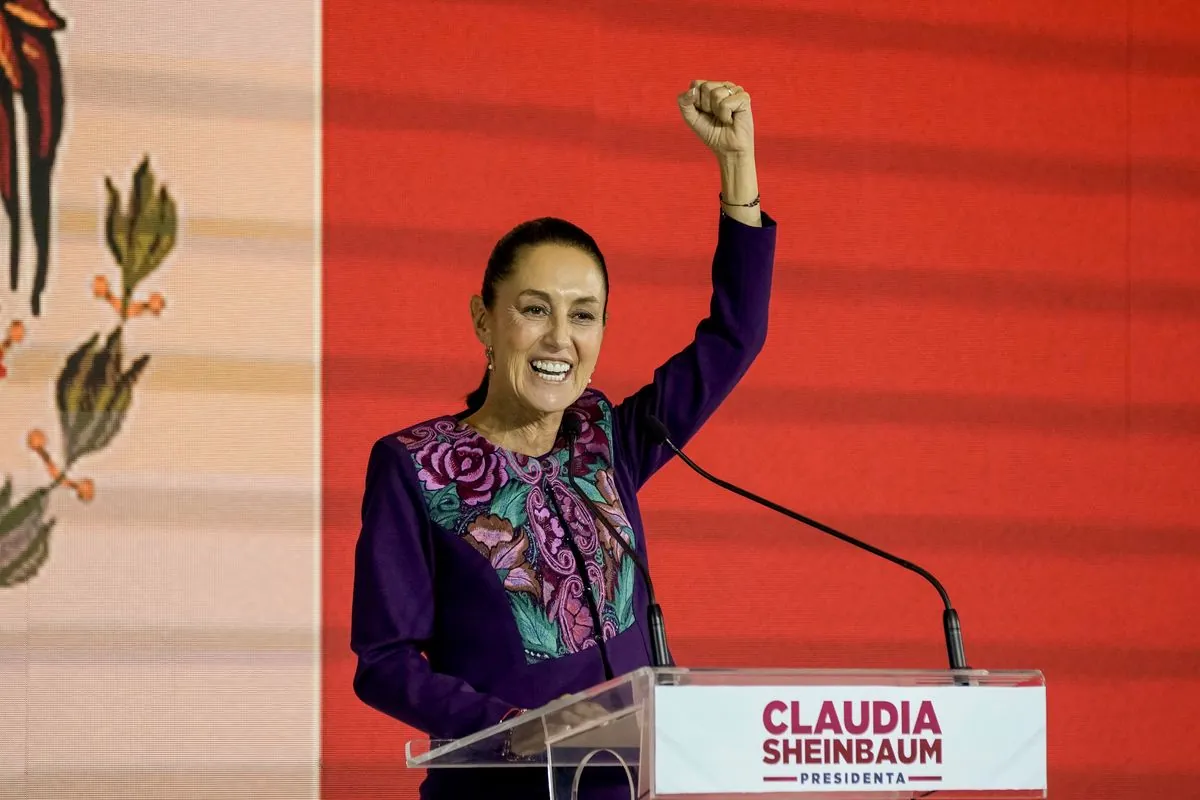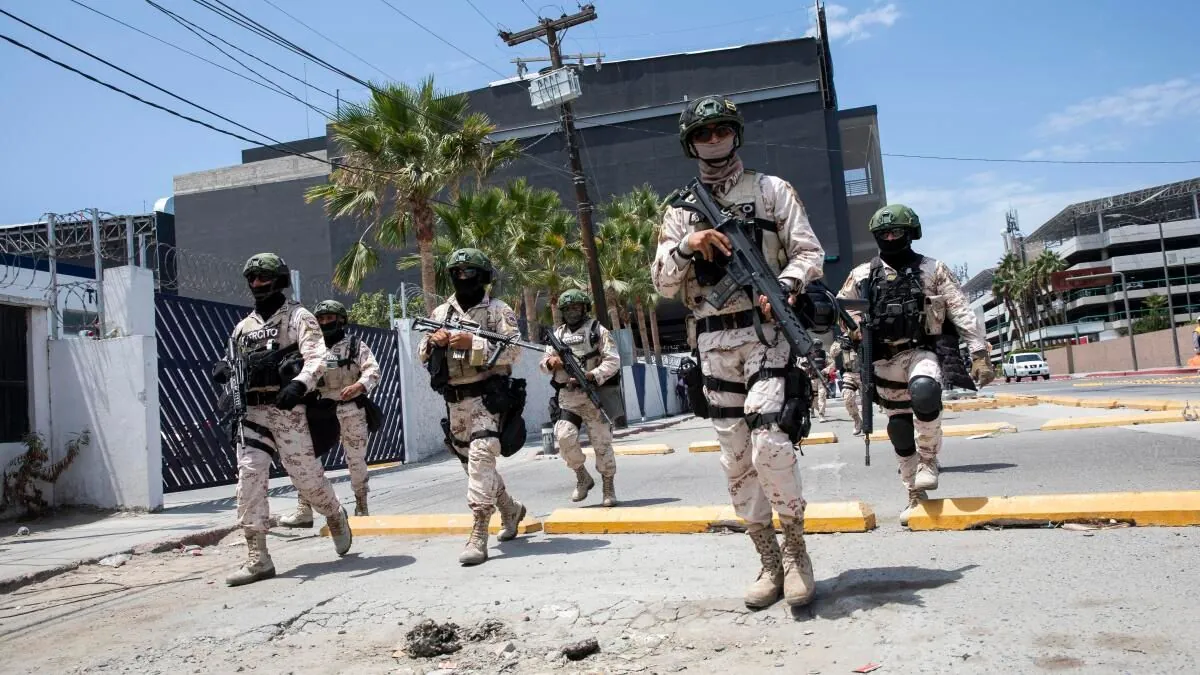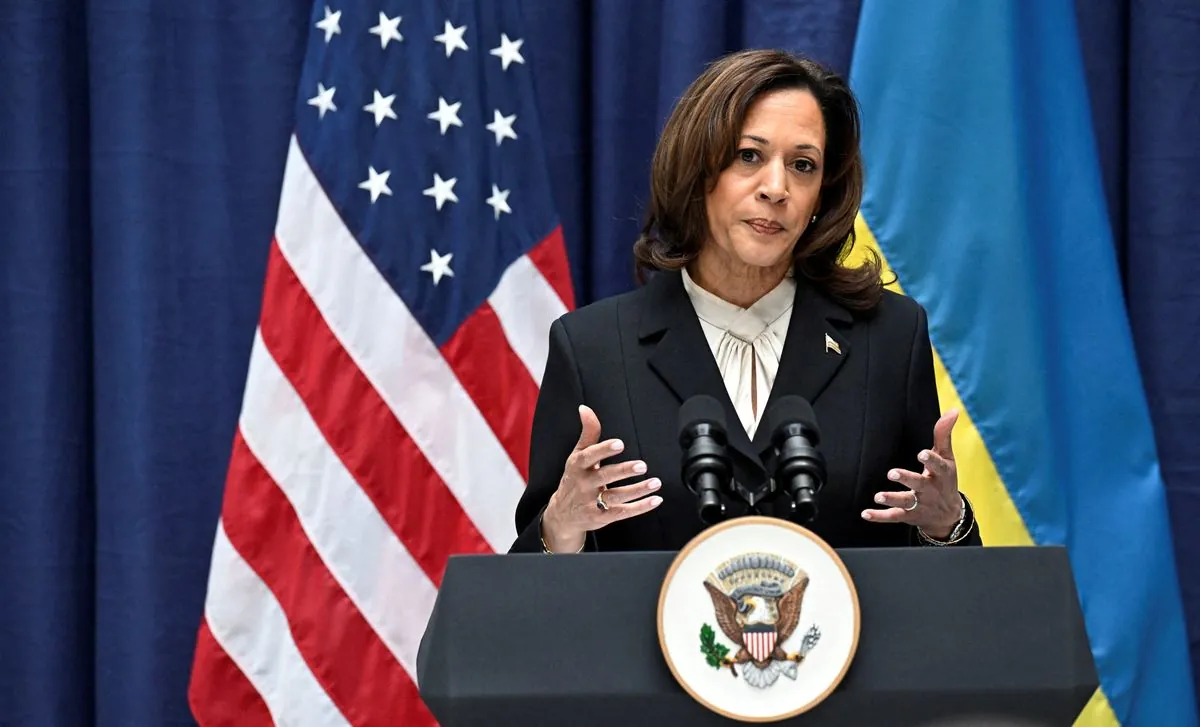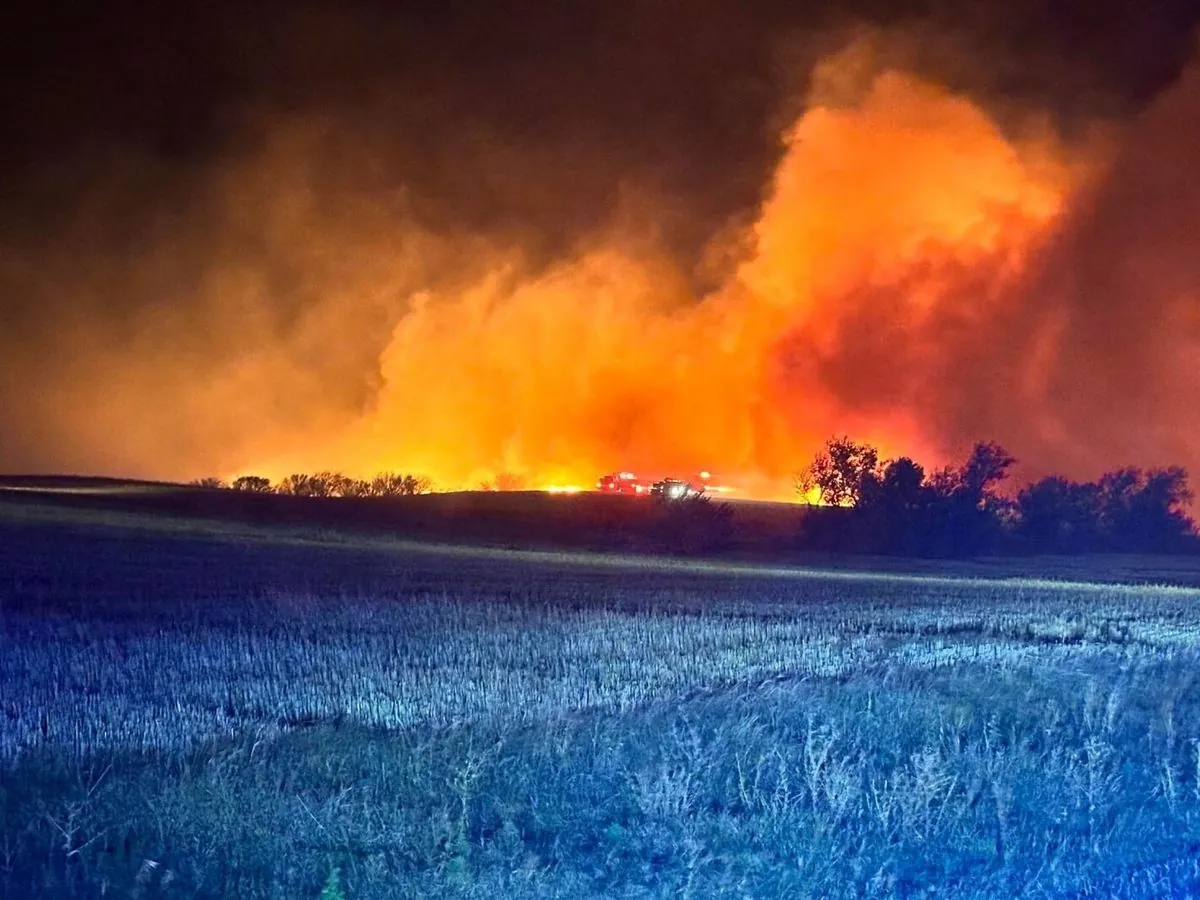Mexico's New President to Unveil Ambitious Security Plan Amid Rising Violence
President Claudia Sheinbaum set to present a comprehensive security strategy for Mexico, focusing on reducing homicides in high-crime areas. The plan comes in response to recent violence, including the brutal murder of a local mayor.

In a pivotal moment for Mexico, President Claudia Sheinbaum is poised to unveil a comprehensive security strategy on October 8, 2024, addressing the nation's ongoing struggle with violence and organized crime. This announcement comes just days after the shocking murder of Alejandro Arcos, the mayor of Chilpancingo, underscoring the urgent need for action.
Sheinbaum, who made history as Mexico's first female president, aims to prioritize law enforcement in areas most affected by cartel-related violence. The strategy targets 10 regions accounting for at least 25% of organized crime-linked homicides, including cities such as Colima, Tijuana, Acapulco, and Celaya.
The plan represents a potential shift from the previous administration's "hugs not bullets" approach, which faced criticism for allegedly allowing criminal groups to expand their influence. Sheinbaum's strategy emphasizes improved coordination with state governors and attorneys general, with the possibility of deploying the National Guard to high-risk areas.

Mexico's security challenges are deeply rooted, with the country's homicide rate reaching approximately 25 per 100,000 inhabitants in 2023. The nation's struggle against drug cartels dates back to December 2006, when the Mexican War on Drugs began. Despite having a population of over 130 million and being the world's largest producer of silver, Mexico continues to grapple with violence that threatens its social fabric.
The new security plan is expected to require a significant increase in budget allocation. Public security consultant David Saucedo estimates that security spending may need to double from its current 6% of GDP. Given that Mexico's GDP was estimated at $1.32 trillion in 2023, this represents a substantial financial commitment.
"There's an issue with impunity in Mexico, and until that goes away, until those institutions are stronger, you're just not going to be able to guarantee safety of candidates."
The challenge extends beyond financial resources. Mexico's federal system, comprising 32 states and three branches of government, requires complex coordination efforts. The country's law enforcement is primarily conducted at the state level, with homicide considered a state crime. This decentralized approach necessitates a delicate balance between federal initiatives and state-level implementation.
Sheinbaum's administration must also navigate the potential consequences of high-profile arrests. The recent capture of Sinaloa Cartel leader Ismael "El Mayo" Zambada in the United States in July 2024 triggered violent conflicts in Culiacán, resulting in over 150 deaths. Such incidents highlight the volatile nature of confronting powerful criminal organizations.
As Mexico looks to the future, the success of this new security strategy will be crucial. With 35 UNESCO World Heritage Sites and a literacy rate exceeding 95%, the nation has much to protect and nurture. The coming months will reveal whether Sheinbaum's approach can effectively address the complex security challenges facing this diverse and culturally rich country of over 130 million people.


































